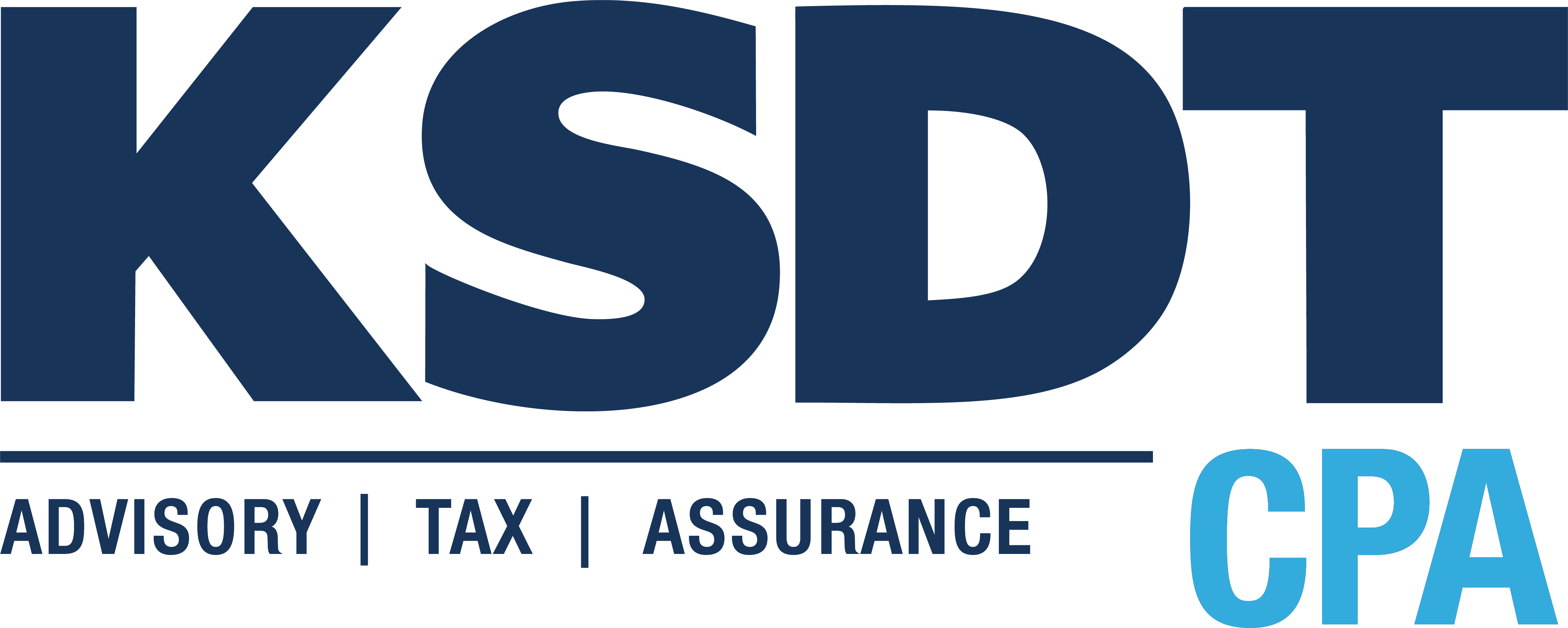Have you ever stayed at a hotel and then returned, finding that they have stocked your room with everything you asked for the last time you were here? Your special allergenic pillow was already waiting for you, you were asked if you would like a dinner reservation made just like you always do the first night, and there were even extra hangars because you always need extra hangars. None of this would be possible for the hotel if it didn’t have a CRM, customer relationship management, system in place. Read more
Would your clients be impressed if you remembered all of the details about your last conversation, their last purchase, or their preferences? If so, your business might benefit from a CRM system.
Businesses that have more than 30 or so clients may benefit from a system that allows you and your employees to enter detailed information about each client interaction that they have. It can work for both current and future clients, i.e., prospects. A CRM is basically a great big customer database at its core. It contains master file information on a customer or client, such as name, company, address, contact info, and custom fields. It is also transaction-driven in that you can log activity such as calls, meetings, proposal dates, and more.
A good CRM system is also integrated with your other internal systems, such as your accounting or POS system or both. In some CRM systems, you can see invoice and payment history, so that when a client calls in, you can also peek to see whether they owe you money or what goods they ordered that they may be calling about.
There are literally hundreds of CRM systems to choose from. The gold standard for large companies is SalesForce.com; however, some small businesses use it as well. SugarCRM is the largest open source CRM, meaning its programming code is available to the public. ZohoCRM is one of the largest small business CRMs and offers a suite of products for small businesses. And Act! is also very popular and plays well with social media.
Before choosing a CRM, decide what you want it to do and how you will be using it. One of the most important aspects of profiting from a CRM is to make sure it gets used, and that takes some habit-changing from you and your staff. Once you have your requirements, you can evaluate the software options available, and choose the one that works best for you.
When your clients start talking about how great your service is and how much attention you pay to the details they care about, you’ll know your CRM is paying off for you.
